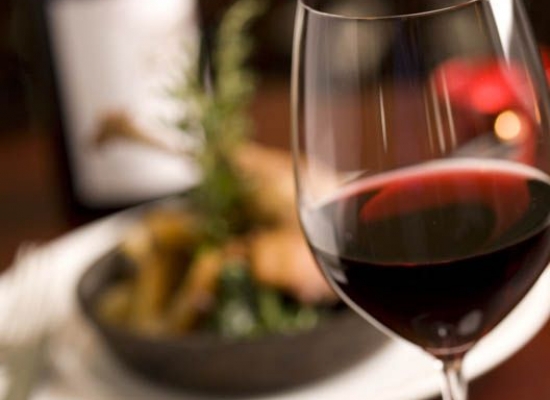3 Spectacular Organic French Wines

The organic wave has taken longer to crash on the Gallic coast than one might think, especially from the point of view of someone from a country where pretty much everything, from milk to produce to clothes, is available in an organic and all-natural version. But the French, for all their love of tradition, are slowly coming around, and the jury is out on organic French wines.
Most French people I know were hesitant when the first organic wines appeared next to familiar bottles on supermarket and wine store shelves. Connoisseurs scoffed that they lacked complexity, but I’m convinced that they were just afraid of the unknown. I’ve asked several sommeliers since hearing these remarks, and not only are they unfounded, but the more organic French wines are released, the better they become!
Many French wines are available in the States, but even more are not. There are thousands of small producers that do not export their product to the States, but luckily, these producers do…
But What is Organic Wine?
Organic wine is generally and simply the product of organic grapes. Many winemakers have started the process of planting and harvesting grapes with organic methods, a transfer that can take several years to complete. But once the grapes are organic… is the wine organic?
The answer is complex because of the question of sulfites. Sulfites are generally added to wine at four different stages of the winemaking process, and while wines with sulfites are sometimes labeled as organic, any wine with added sulfites is not, technically, 100% organic. Natural wines, however, made nearly entirely by hand, can usually be considered organic by most people’s standards.
Les Coudriers – Bergerac Rouge 2009
This special cuve of Les Coudriers from St-Emillion is made without added sulfites, making it a more organic wine than some others on the market. To protect the wine from oxidation, it should be drunk young; wine connoisseurs will be surprised at how quickly this wine has developed a full flavor while remaining quite easy to drink. Decant a half hour in advance; natural wines often have carbon dioxide bubbles in them, a naturally-occuring protection against oxidation.
All of the wines from this village near St Michel de Montaigne are made with organically farmed grapes — next year, the fourth year of organic farming, will be the year the French government recognizes them as certified organic winemakers.
Mas Gabriel – Clos Gabriel 2006
For a natural wine that will age wonderfully, try this 2006 cuve from Mas Gabriel in Caux in the Languedoc region of southern France. This mix of carignan, syrah and grenache grapes is naturally intense and darkly colored, with flavors reminiscent of violet and blackcurrent. Wines from this region are not common in the States, but their unique, earthy flavor goes well with a myriad of dishes including richer meats like duck. Like the Bergerac, it should be decanted before serving.
Château Haut Garrigue – Methode Traditionnelle Sparkling Wine 2009
In France, champagne is not champagne unless it comes from Champagne, but this organic sparkling wine from Saussignac is made in the traditional way, as they do in Champagne, with very low sulfites. The result is a delicious sparkling wine, perfect for celebrations. No one will believe you when you tell them it isn’t Champagne… or you can just keep that tidbit to yourself.
image: isante_magazine

